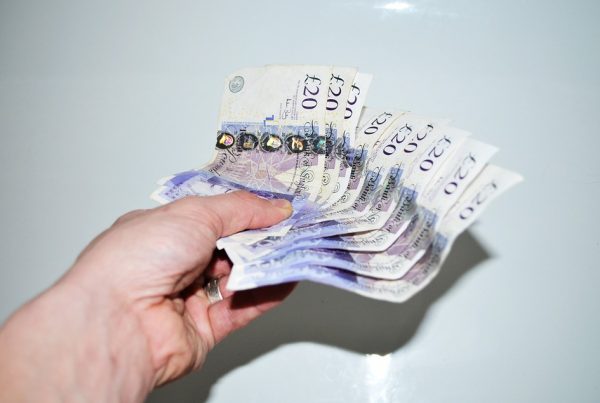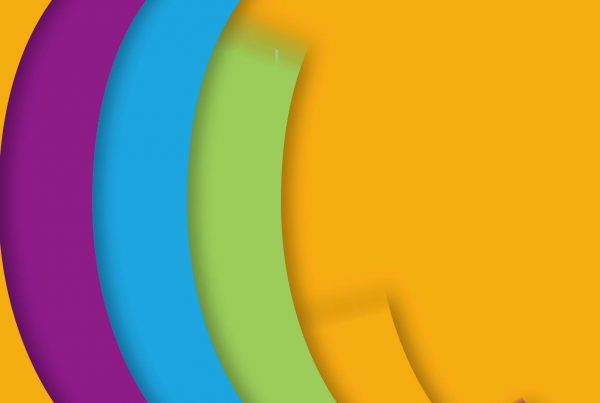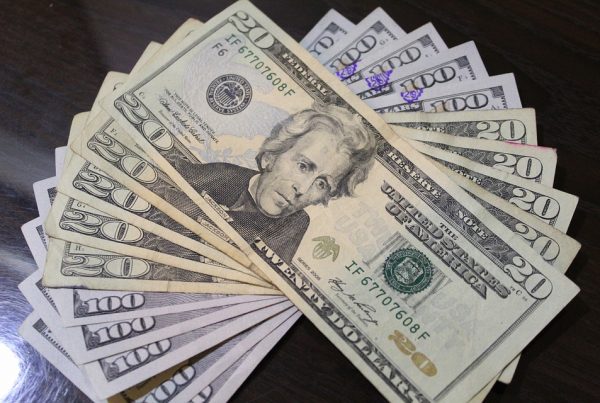Staying on top of debts can be difficult and may leave many of us looking to apply for debt consolidation loans. But like with most things in life, we need to walk before we can run. It is essential that you have a thorough understanding of your financial position and the other options that are available to you. In this blog post, we will detail 13 questions to ask yourself before you apply for debt consolidation loans. By following these questions, you can decide the best course of action for your situation.
1. What is your financial position?
It can be hard to look at your finances, but this is the best and only place to start. Take the time to settle yourself and set out a list of your debts. This should include store cards, credit cards, loans, any overdrafts you are using and your mortgage debt, so you can get a full understanding of what you owe. Work out how much you need to repay on each debt and how much you are paying towards that debt every month.
2. Can you get tax credits?
These are a state benefit that comes in the form of extra money and they are granted to people who are on a low income, are responsible for children or who have a disability. The two forms of tax credits are child tax credits and working tax credits. Tax-free, you don’t have to pay tax or National Insurance to qualify for tax credits. They are means-tested so your eligibility depends on your household’s financial income and situation.
3. Can you get a pension credit?
Pension credits are a means-tested credit that boosts your pension. If you come from a less well-off household, you may be eligible for a pension credit that tops up the basic state pension that you get. Government figures show that, while about 4 million people are eligible for a pension credit, a third of them don’t claim it. Pension credits are worth £173.75 for a single pension or £265.20 as part of a couple.
4. Can you claim child benefit?
If you are responsible for a child – you don’t need to be the child’s parent – you could be eligible for a child benefit payment. If you are eligible, it is worth over £1,000 a year for your first child. While only one person can claim child benefit for one particular child, child benefit is paid for children under 16 or under 20 and in certain types of education or training (not higher-education degrees, however. Please check for other exemptions).
5. Are you eligible for any benefits?
Benefits have been put in place to help people and there should be no shame attached to admitting that you could use a little help. The Government has an extensive list of benefits that are there to help people and which they want eligible people to access. You may not be aware of the benefits on offer. You may be working, in good health and without children or caring responsibilities and be eligible. Universal credit, for example, has taken the place of child tax credit, working tax credit, housing benefit, income-related employment and support allowance, income-based jobseeker’s allowance and income support.
6. Are you eligible for a free grant?
If you’re part of a low-income household, there is a huge range of grants available from both the Government or many charities. The type of help on offer can include grants to help you pay for your utility bills or support you with education costs.
7. Are you married?
You might be eligible for the marriage allowance. If you’re married and one of you is a basic-rate taxpayer and one of you is non-taxpayer, then you could be eligible. The marriage allowance came in in 2015 and allows a couple’s lower earner to transfer a portion of their personal allowance to the higher earner. This can be backdated for up to four tax years.
8. Is there cash in the attic?
You could be sitting on a pretty penny. We often buy things that we don’t need and never use, or things can outgrow their usefulness. Clothes, toys, furniture and other household items can be resold to make you some money. The items should be in good condition. There are many online sites that you can use to sell things, like eBay, Vinted or Gumtree, or you can advertise locally.
9. Are you meeting your minimum credit card repayments?
Credit cards will have a minimum repayment amount that needs to be met every month. If you fail to pay this amount, you are liable for a penalty. Only ever paying the minimum will cost you more in interest charges and take a lot longer. Paying the minimum can help if you are struggling with debt but it can make a real difference to your long-term finances if you do take the opportunity to make more-than-minimum payments. Paying only the minimum can negatively impact your credit score if lenders see you as having trouble repaying your debt.
10. Are you eligible for mortgage interest support?
If you happen to be on some benefits, like pension or universal credit, you could be eligible for Government help on paying your mortgage interest. If eligible, the government will support in the payment of interest for up to £200,000 of your mortgage. Payable directly to your mortgage lender, this help does not include help to repay on the capital. You will need to pay the money back to the government from the equity on your home when you sell.
11. Could you use an IVA?
An IVA is an individual voluntary arrangement and this is a legally binding agreement or contract between you and your creditors. This sets out an agreed period of time in which you will repay your debt to them. An IVA plan must be put in place by a qualified insolvency practitioner and be agreed to by your creditors.
12. Could you use a DRO?
A DRO, or debt relief order, can be one way in which you can make some time and space for you to get your affairs in order. While the DRO is in place, you will not have to pay off most debts. Any debts included in the DRO will also be written off after one year. A DRO is not easy to come by and you may or may not be eligible. You must not own your own home, have assists of less £1,000 and only have a disposable household income under £50 each month. If you have an IVA in place or if you are bankrupt or going through bankruptcy, you cannot get a DRO.
13. Have you considered bankruptcy?
If you feel that you have come to the end of the road with your debt repayments, you might want to think about declaring yourself bankrupt. Declaring bankruptcy has a cost attached to it – £680 – but any money that you owe is written off. The debt is written off because you almost must sell anything you own to pay off the debts. This typically includes items of high value, such as properties, cars and luxury assets. Please seek out independent debt advice – make sure it is free advice – before declaring bankruptcy as it can leave a long-lasting imprint on your life.
If you are still struggling with your finances or need further debt support, please seek impartial help from the Money Advice Service. If you still feel that a loan is the best option, you can apply for debt consolidation loans with us.
Are you ready to apply for debt consolidation loans?
Here at Debt Consolidation Loans, our first priority is helping people take the right steps towards financial freedom. If you have any questions about our application process, get in touch with us. Once you’re ready, it’s quick and easy to apply on our website.




